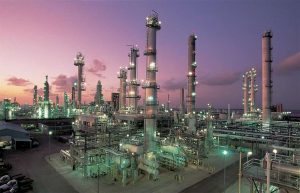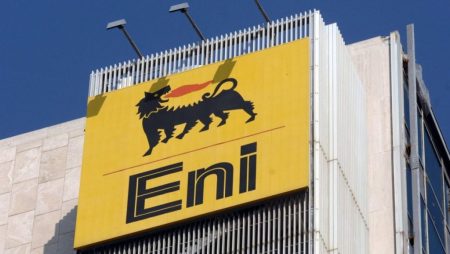
News wire — Refiner Valero Energy beat first-quarter profit estimates on Thursday, benefiting from sustained demand as crude supplies remained tight due to disruptions in Russia and maintenance work at U.S. refineries.
Crude supplies came under pressure as Ukrainian drone attacks shut several Russian refineries, while U.S. refiners routinely scheduled maintenance in the first quarter to prepare equipment for high demand in the summer driving season.
Despite the disruptions, overall U.S. product supplied, a proxy for demand, averaged at 20.10 million barrels per day (bpd) at the end of March, compared with 19.7 million bpd a year earlier, according to U.S. Energy Information Administration data.
“We are pleased to report strong financial results for the first quarter despite heavy planned maintenance across our refining system,” Valero CEO Lane Riggs said.
Shares of the company rose 1.4% to $169.25 in premarket trade.
Valero, which kicked off earnings for refiners, said its quarterly margins stood at $3.53 billion, compared with $5.9 billion a year earlier.
Its refining throughput volumes averaged 2.8 million bpd, down from 2.9 million bpd.
Margins and profits of U.S. refiners have normalized after hitting sky-high levels in 2022, when Russia’s invasion of Ukraine had disrupted crude supplies. Weaker economic activity and an increase in global refining capacity have further stabilized their earnings.
“Valero posted stronger results in all three operating segments, although lower costs and higher volumes in refining and better volumes and margins in renewable diesel made the most difference,” said Matthew Blair, managing director at TPH&Co.
The refiner reported an adjusted net income of $3.82 per share in the quarter, above analysts’ average estimate of $3.24 per share, according to LSEG data.
Valero also said its sustainable aviation fuel project, DGD Port Arthur plant, is now expected to be operational in the fourth quarter, ahead of its earlier target of 2025.
Reporting by Arunima Kumar in Bengaluru; Editing by Shinjini Ganguli – Reuters



